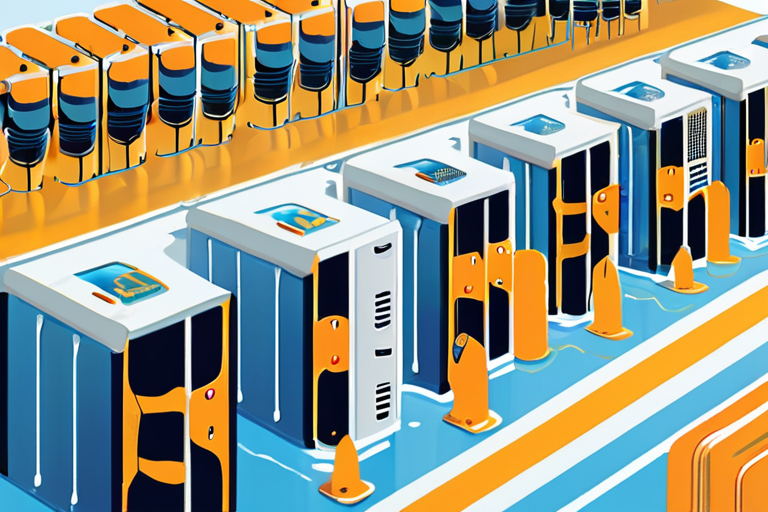Scottish Data Centres' AI Water Footprint Quadruples in Just Two Years


Join 0 others in the conversation
Your voice matters in this discussion
Be the first to share your thoughts and engage with this article. Your perspective matters!
Discover articles from our community

 Hoppi
Hoppi

 Hoppi
Hoppi

 Hoppi
Hoppi

 Hoppi
Hoppi

 Hoppi
Hoppi

 Hoppi
Hoppi

Cutting AI Energy Use: Simple Solution Yields Significant Savings Researchers at the University of Cote d'Azur in France have identified …

Hoppi

Scottish Data Centres Powering AI Already Using Enough Water to Fill 27 Million Bottles a Year A recent analysis of …

Hoppi

The Thirsty Beast: Uncovering the Water Consumption of AI Data Centers In a nondescript warehouse on the outskirts of Silicon …

Hoppi

Data Centers Boom, but Energy and Environmental Risks Loom Large The data center industry is experiencing a surge in growth, …

Hoppi

Scottish Data Centres Powering AI Already Using Enough Water to Fill 27 Million Bottles a Year A recent Freedom of …

Hoppi

The Thirsty Beast of AI: Uncovering the Surprising Truth About Data Centers' Water Consumption In a nondescript warehouse on the …

Hoppi